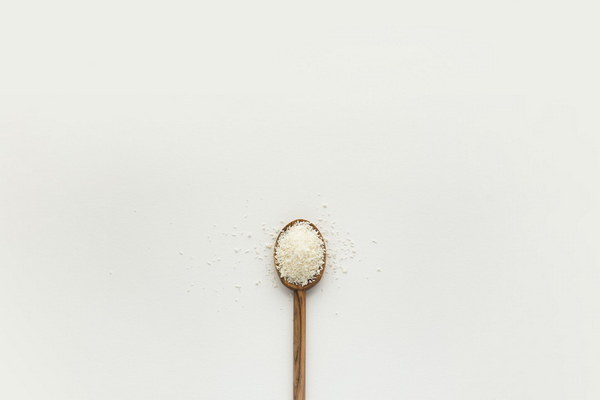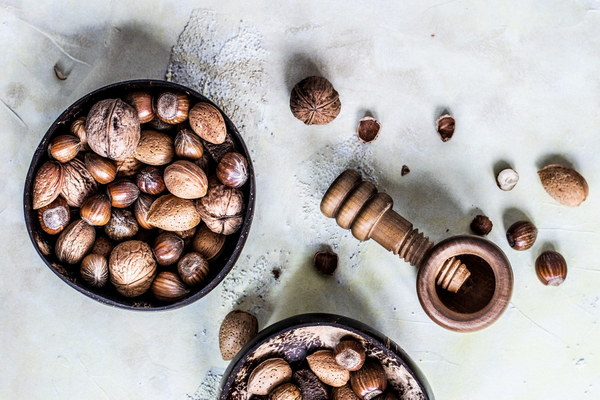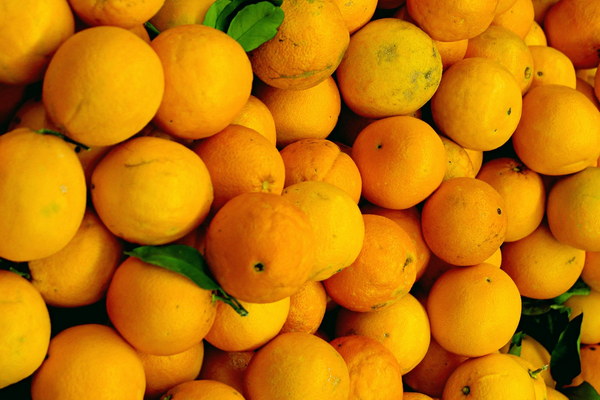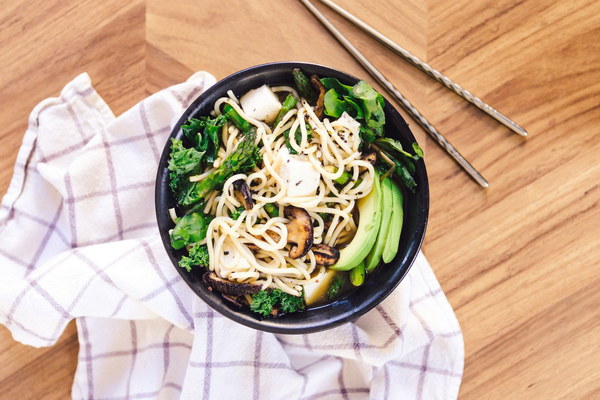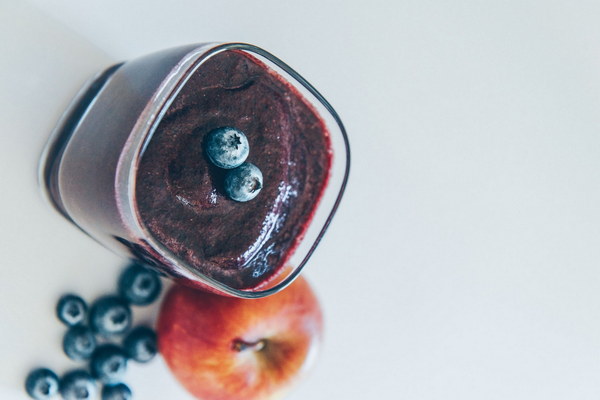Discover the Power of Traditional Chinese Medicine Effective Herbs for Damp-Draining and Spleen-Boosting
In the realm of traditional Chinese medicine (TCM), the concept of dampness is a common condition that affects the body's balance and overall health. Dampness can arise from various factors, including diet, environment, and lifestyle, and it can lead to a variety of symptoms, such as fatigue, weight gain, and digestive issues. To counteract dampness and support overall health, TCM offers a range of herbal formulas that focus on damp-draining and spleen-boosting properties. One such category of herbal remedies is the spleen-warming and damp-dispersing formulas. In this article, we will explore some popular TCM herbs that can help in the process of spleen-warming and damp-dispersing.
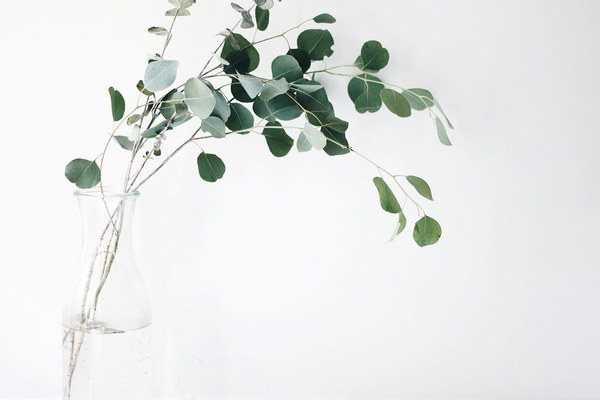
1. Cinnamon (Cinnamomum cassia)
Cinnamon is a well-known spice that also has medicinal properties. In TCM, it is used to warm the spleen and kidney, improve digestion, and eliminate dampness. It is often used in conjunction with other herbs to treat symptoms such as cold limbs, abdominal pain, and loose stools.
2. Atractylodes (Atractylodes macrocephala)
Atractylodes is a commonly used herb in TCM for its damp-dispersing and spleen-warming properties. It is effective in treating symptoms of dampness, such as fatigue, bloating, and abdominal discomfort. Atractylodes can be found in various herbal formulas, such as Baizhu Tang (Atractylodes Decoction), which is a well-known TCM formula for dampness and spleen deficiency.
3. Poria (Poria cocos)
Poria is a medicinal mushroom-like fungus that is highly regarded in TCM for its damp-dispersing properties. It is often used in conjunction with other herbs to treat dampness-related conditions, such as edema, fatigue, and poor appetite. Poria is believed to help drain dampness from the body and improve overall health.
4. Astragalus (Astragalus membranaceus)
Astragalus is a popular TCM herb known for its immune-boosting and energy-boosting properties. It is often used to support the spleen and enhance its function. In the context of dampness, astragalus can help improve the body's ability to process and eliminate dampness, thereby reducing symptoms of fatigue, bloating, and weight gain.
5. Licorice (Glycyrrhiza uralensis)
Licorice is a sweet-tasting herb that has been used in TCM for thousands of years. It is considered a harmonizing herb that helps to balance the properties of other herbs in a formula. In the context of dampness, licorice can help to relieve symptoms of dampness and support the spleen's function. It is often included in herbal formulas to enhance the overall effectiveness of the treatment.
Incorporating these spleen-warming and damp-dispersing herbs into a TCM formula can provide relief from dampness-related symptoms and support overall health. However, it is essential to consult with a qualified TCM practitioner before starting any herbal treatment, as individual needs and health conditions may vary.
In conclusion, traditional Chinese medicine offers a wealth of natural remedies that can help in the process of damp-draining and spleen-boosting. By incorporating these herbs into your daily routine, you may experience improved energy levels, better digestion, and a reduction in symptoms associated with dampness. Always seek the guidance of a healthcare professional to ensure the safe and effective use of these traditional remedies.
